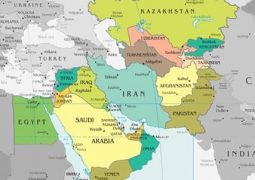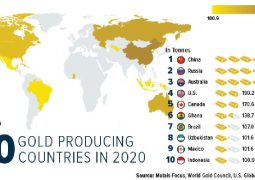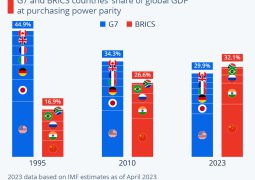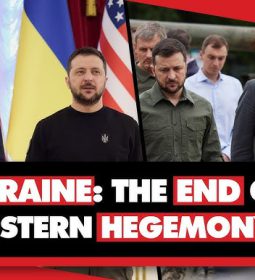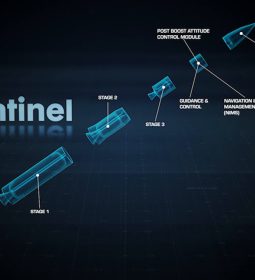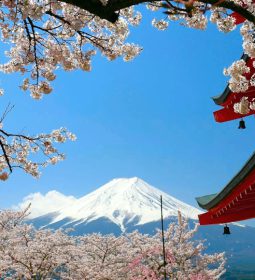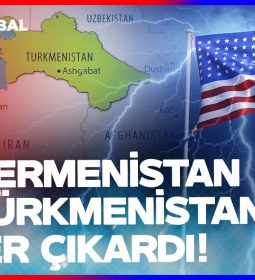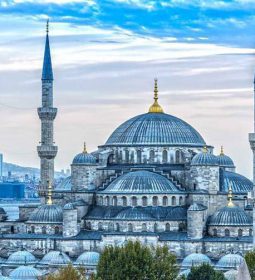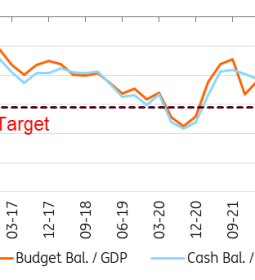Why almost all South Korean leaders end in disgrace: South Korea’s President Yoon arrested over short-lived martial law attempt
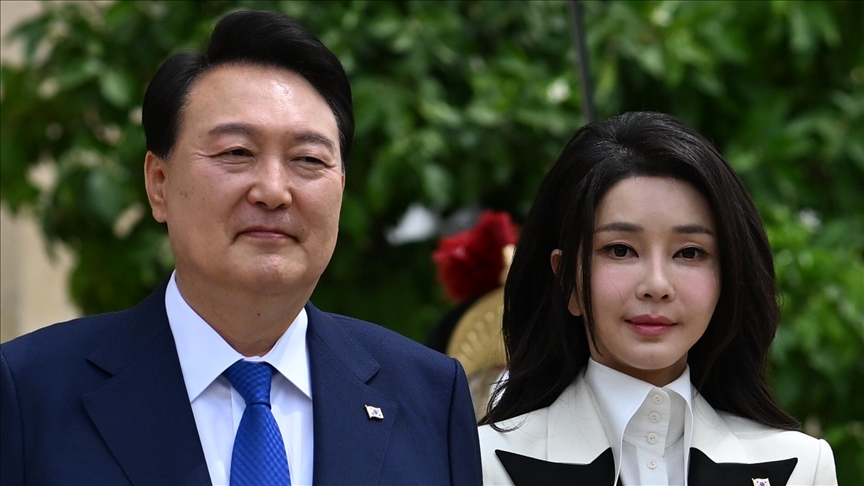

South Korean investigators have arrested South Korea’s impeached President Yoon Suk-yeol over accusations of insurrection for briefly imposing martial law in a move swiftly overturned by the country’s National Assembly.
“The Joint Investigation Headquarters executed an arrest warrant for President Yoon Suk-yeol today [January 15] at 10:33 am [01:30 GMT],” the authorities said in a statement on Wednesday, making Yoon the first South Korean president to be arrested while still in office.
South Korea’s Yonhap news agency reported that the deputy chief of Korea’s Corruption Investigation Office (CIO), Lee Jae-seung, led questioning of Yoon inside an interrogation room, with Yoon’s legal representatives present. The CIO said Yoon would be held at Seoul Detention Centre in Uiwang, following questioning, the Reuters news agency reported.
In a prerecorded video message released after his arrest, Yoon said he had made the decision to submit to questioning over his failed martial law bid to avert “bloodshed”.
“I decided to respond to the Corruption Investigation Office,” Yoon said, adding that he did not accept the legality of the investigation but was complying “to prevent any unfortunate bloodshed”.
South Korean investigators and police used ladders to climb into Yoon’s residential compound earlier in the day after they were initially blocked by the Presidential Security Service, which barricaded the entrance using vehicles, according to reports.
Thousands of people, including supporters, had gathered outside Yoon’s home, while a group of lawmakers from the governing conservative People Power Party and Yoon’s lawyers had also attempted to prevent the arrest inside the presidential compound, the reports said.
Authorities now have 48 hours to question Yoon, after which they must seek a warrant to detain him for up to 20 days or release him.
Investigators began questioning the suspended president shortly after his arrest, but they said he had exercised “his right to remain silent”. He also withheld permission for the interview to be filmed.
The CIO, which has a questionnaire of over 200 pages prepared for Yoon, told reporters it had no information on why he was refusing to talk.

The standoff at Yoon’s presidential residence came just hours after he failed to appear for the first hearing in his impeachment trial over his short-lived imposition of martial law on December 3.
Patrick Fok, reporting for Al Jazeera from Seoul, said an estimated 1,000 police officers were involved in the arrest operation at the president’s residence.
“The corruption investigation office can hold him for a maximum of 48 hours. They then need to decide, at that point, whether or not to apply for a warrant to detain the president,” Fok said.
“It is not clear whether or not that will be necessary, but of course, it has been very difficult to get to this point,” he said.
Yoon was not present at the opening of his impeachment trial on Tuesday and South Korea’s Constitutional Court had said that they needed him to be present, Fok said.
“Now that he has been arrested, perhaps he will show up in court tomorrow,” he added.

The operation on Wednesday was the second attempt by investigators to arrest Yoon. An earlier failed attempt ended after an hours-long standoff between authorities and Yoon’s security team inside the presidential compound at the beginning of January.
Since then, Yoon had remained inside his hillside villa in Seoul for weeks in an effort to evade arrest. He also failed to show up for his impeachment trial on Tuesday morning, leading to the hearings being adjourned minutes after they had begun.
The impeached president’s lawyers had said their client would not attend the impeachment hearing as he would be prevented from expressing his position freely due to ongoing attempts to detain him by authorities.
The hearing is being held after South Korea’s National Assembly voted on December 14 to impeach Yoon over his imposition of martial law in a surprise late-night address on December 3, 2024.
After first rising to public prominence as chief prosecutor of former South Korean President Park Geun-hye on charges of corruption in 2017, Yoon took office in May 2022.
With his popularity plummeting, Yoon shocked the nation when he declared martial law saying it was needed to safeguard South Korea “from the threats posed by North Korea’s communist forces and eliminate anti-state elements”.
He deployed troops to parliament but lawmakers defied him and voted against the move. Yoon was forced to revoke his declaration after just six hours but the move has ushered in an unprecedented period of political turmoil in South Korea.
- Previous President Aun in Lebanon again: A State on verge collapse since 2005
- Next Turks up to limit water supply to Syria: over clash with kurds




